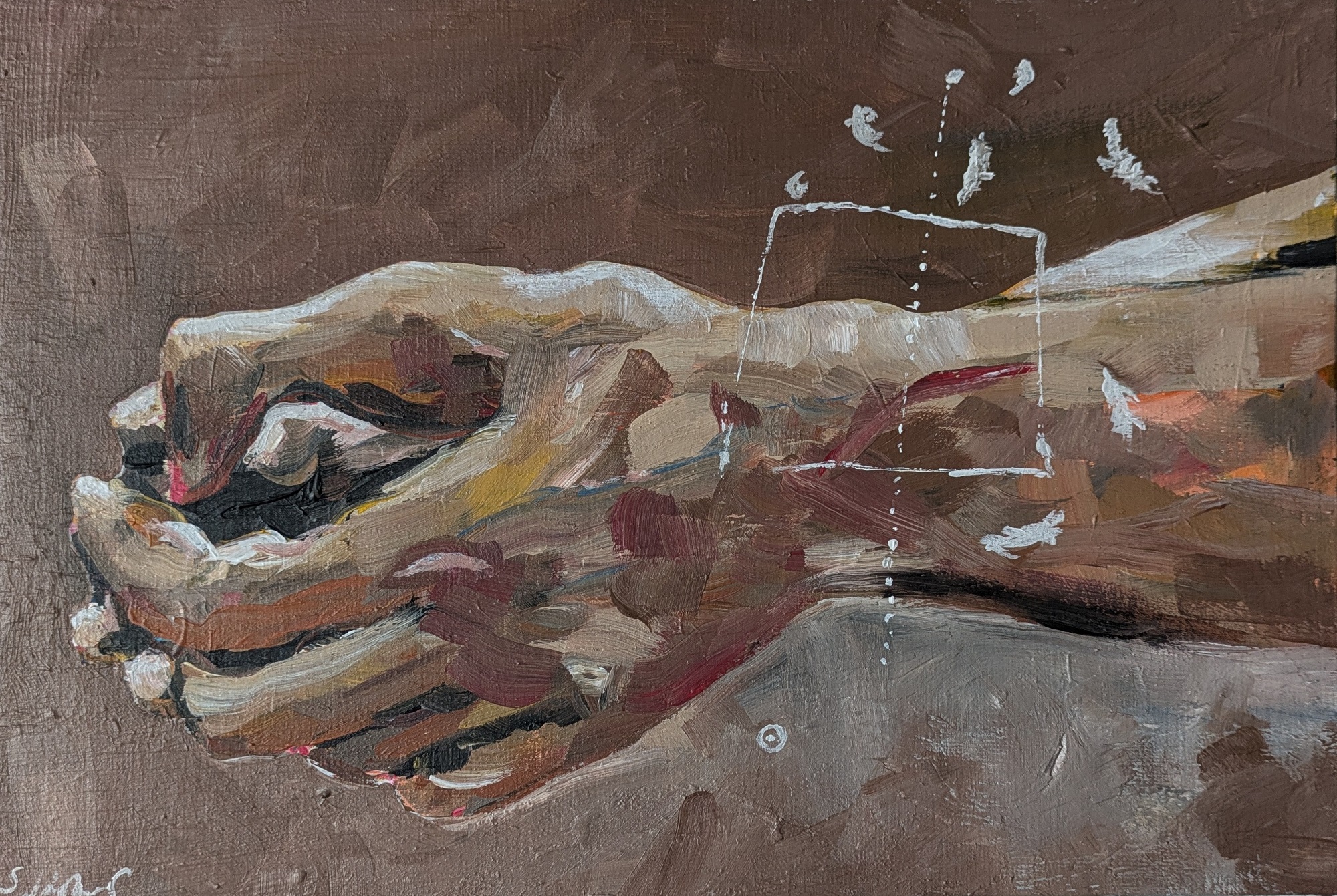
Questions about therapy
How therapy and counselling works
Here I have gone into some detail about what to expect when working with me, as well as some answers to common questions about therapy and how it works in general.
How much does therapy cost?
My fee is £60 for a 50 minute session. I accept bank transfers or cash on the day of the session. You can also set up a standing order if you find that easier.
What if it doesn’t work?
It’s a fair question, and an understandable one, particularly if you’ve tried therapy or counselling before and it didn’t work out. But have you wondered what might be possible if you took a chance? Life’s too short for ‘what ifs’ and there is no obligation for you to continue working with me longer than you want to.
What do you talk about in a counselling session?
You may have heard that you can talk about anything in therapy, and that is true. This is a safe space that is free of judgment. My core training is in psychodynamic therapy, which means that I am interested in early experiences and how they influence us in adult life, often unconsciously. Our bodies carry a lot of our past experiences and trauma, which is why I might ask you what things feel like in your body during a session.
What is the difference between online and face-to-face therapy?
In person therapy sessions are held in private rooms in Brighton. Many people prefer online sessions because of convenience. It is just as important to have a quiet, private space at home when you attend online, without distraction, where you cannot be overheard.
How long does therapy take?
The amount of time the therapeutic process takes varies from person to person. I usually work on a long term basis as this is likely to achieve longer lasting results. Short term therapy is often considered to be 6, 12 or 24 weeks and anything longer is usually considered long term or open ended work. I have found that longer term work and commitment can also lead to longer lasting results. We can discuss these options during our consultation phone call, or at any time during the work together.
Is therapy confidential?
Yes, what we talk about in our sessions is confidential. There are certain exceptions to this; risk of harm to yourself or others, safeguarding, legal requirements and public protection. This will be discussed in our first session. Your personal information is protected under the General Data Protection Regulation (GDPR) and I am registered with the ICO.
Why do people go to counselling?
There are many reasons why we look for support from a therapist. Even if we have close friends and family, seeking help from a trained and qualified professional can bring lasting change. Some of the main reasons are overwhelm, anxiety, low mood, adverse experiences and relationship difficulties. Many people simply want to be heard.
Do you have to have a mental health diagnosis or be in crisis to have counselling?
No. There are no hard and fast rules when it comes to getting support from a qualified therapist. You might be dealing with a physical condition that you want to talk about, or you’re feeling misunderstood or stuck – If you want to make a change, the therapy room is a chance for you to untangle your thoughts, explore your feelings and support your mental health.
If you’re looking for help for someone you know
Usually people will contact a therapist themselves and this is always encouraged – therapy is a personal commitment. If you are looking for a therapist on behalf of someone else, like a friend or family member, do send them my details, or get in touch if you have any questions.
Do you have more questions about therapy? Get in touch with me to arrange a phone call.